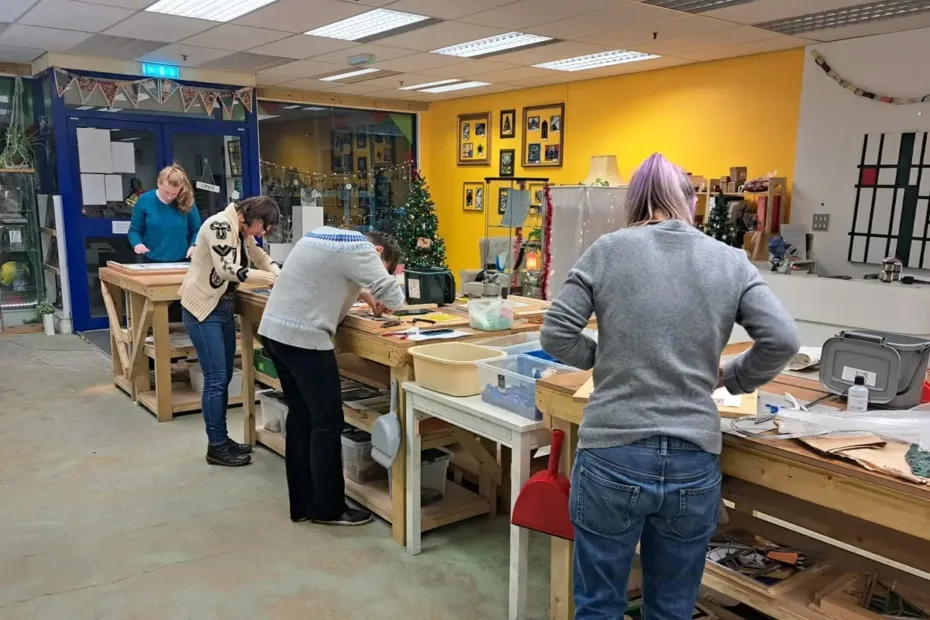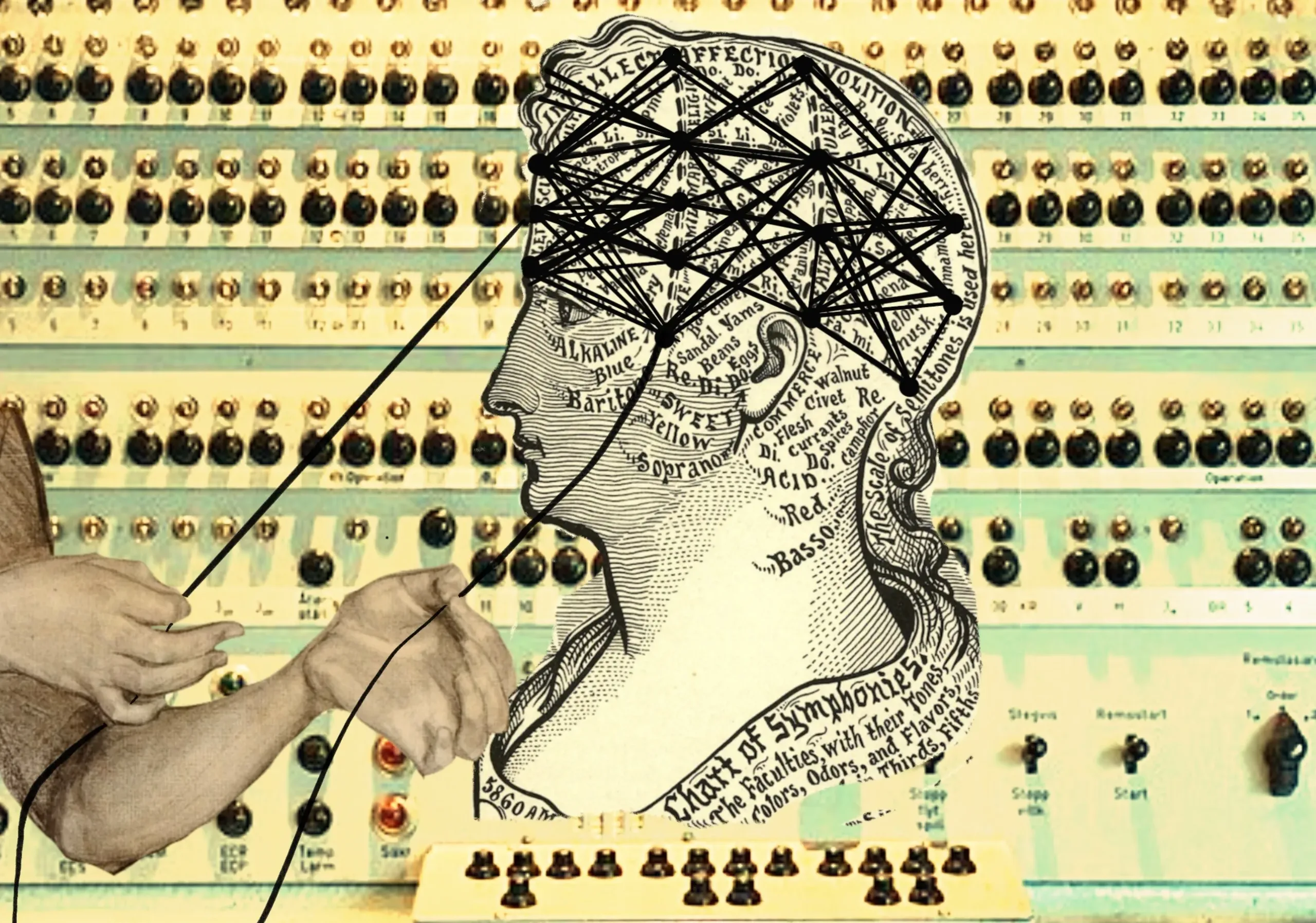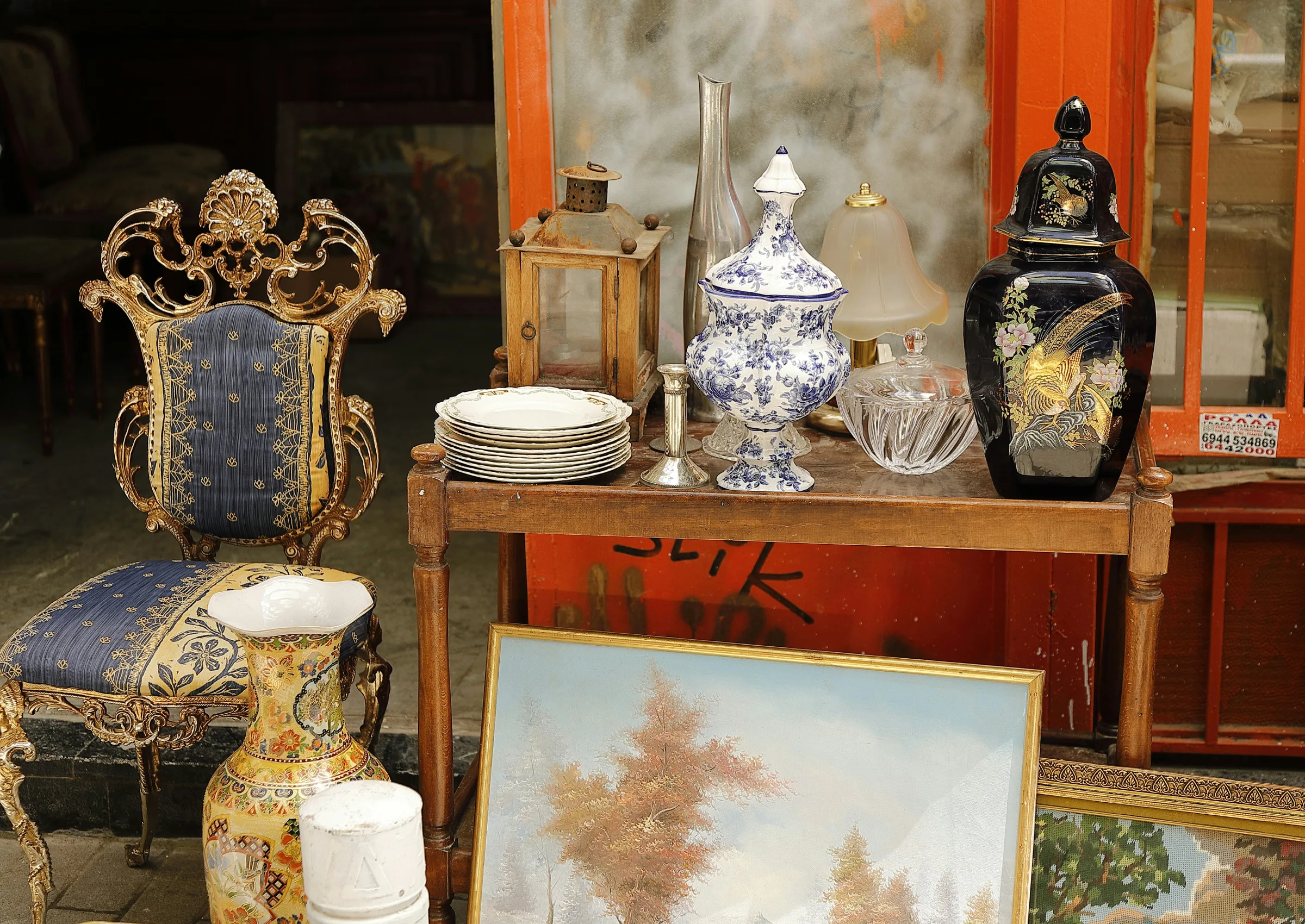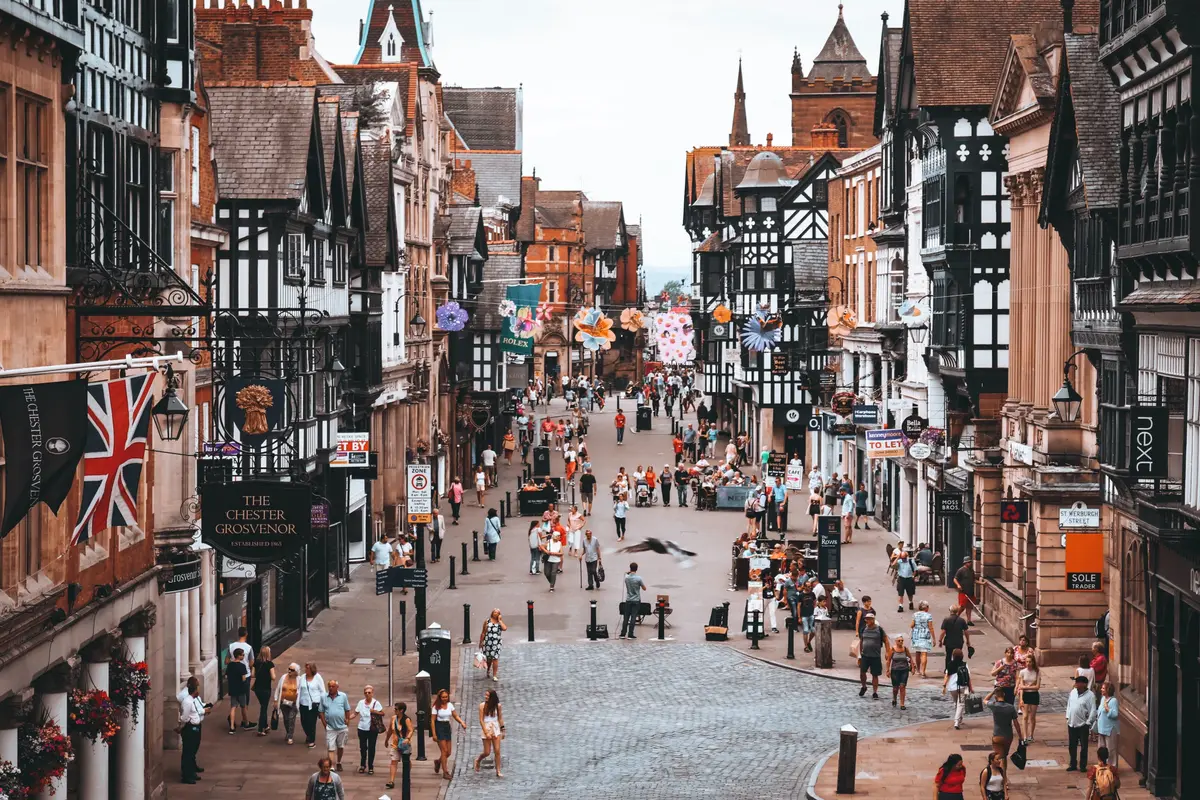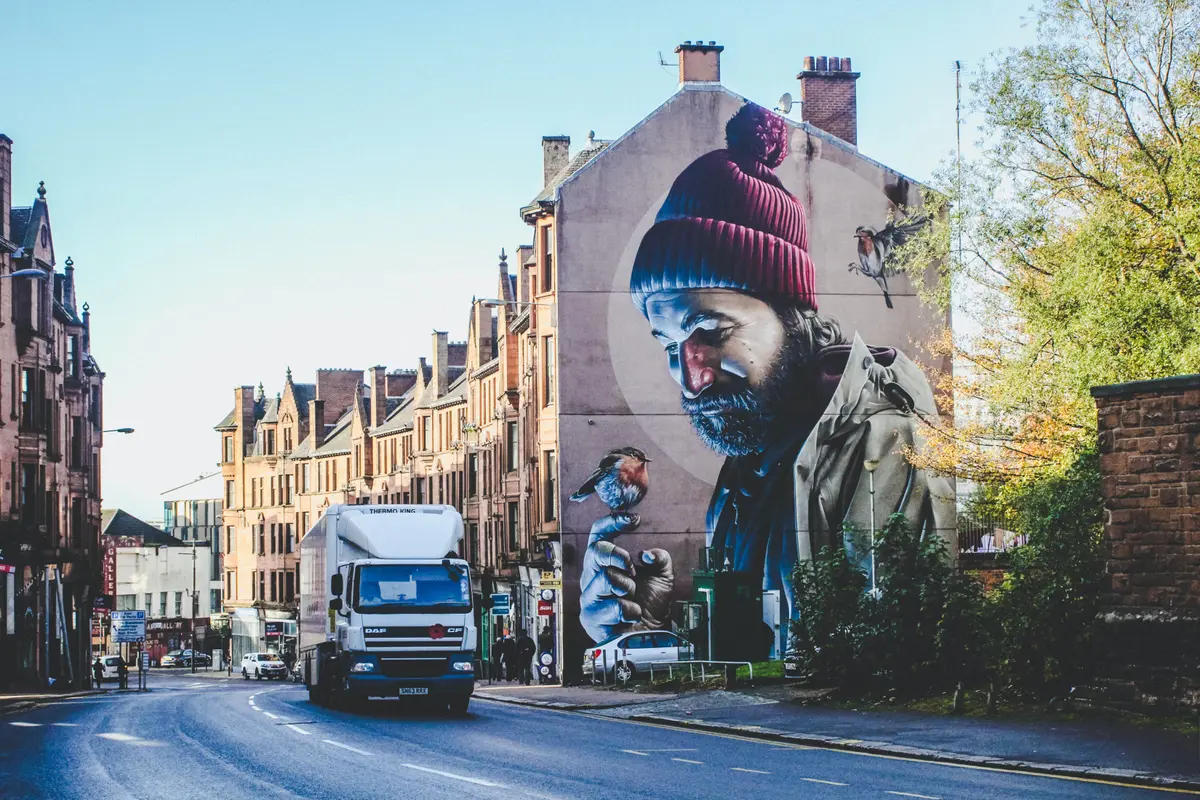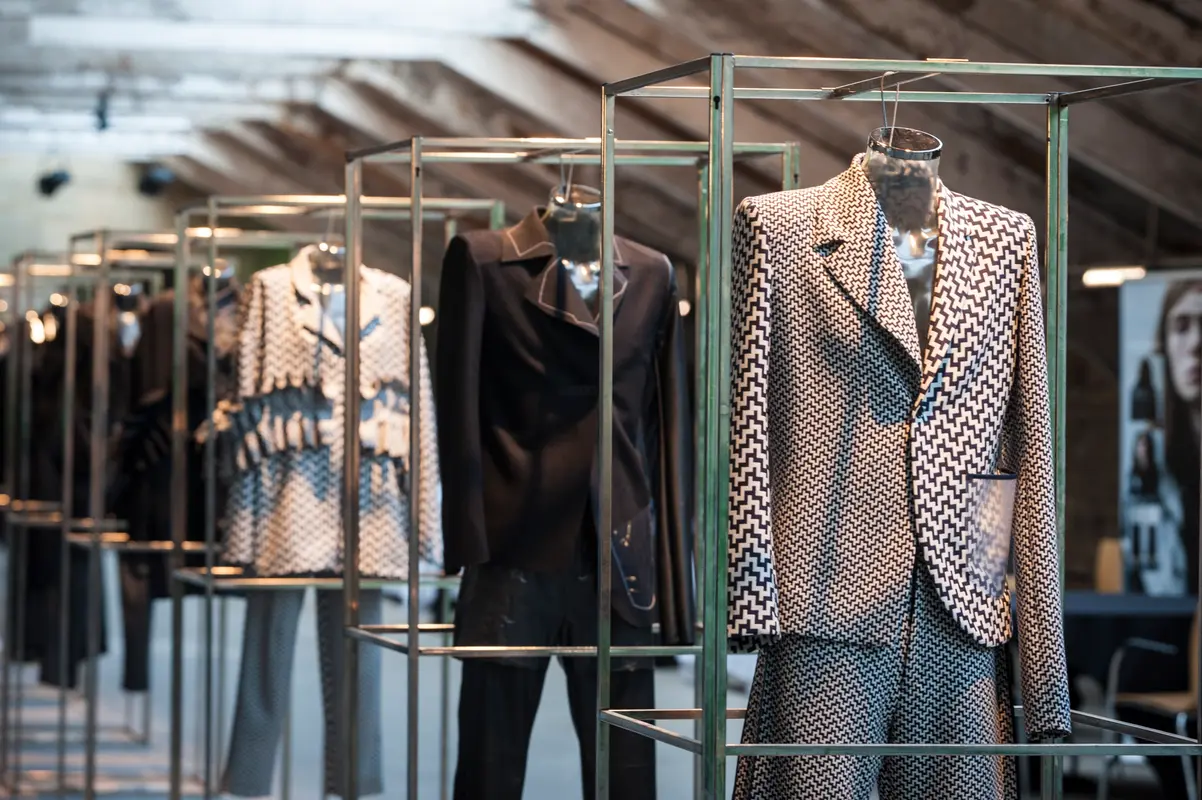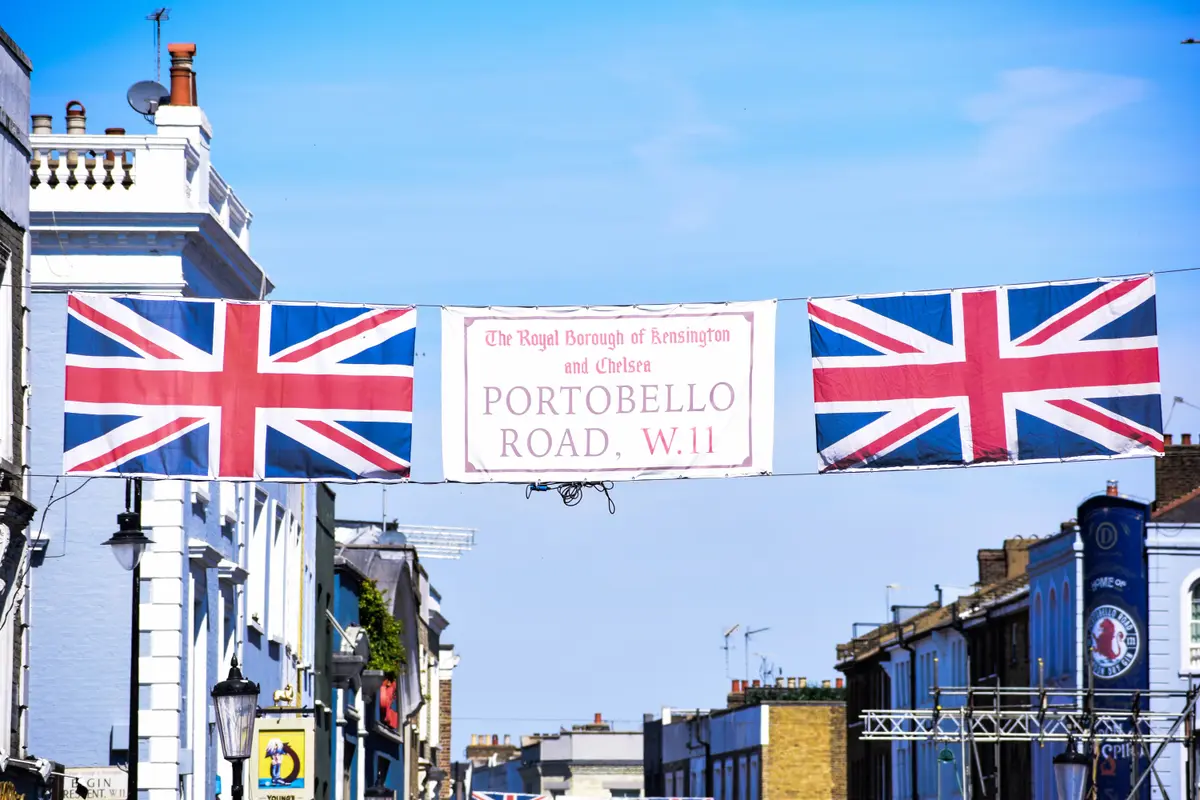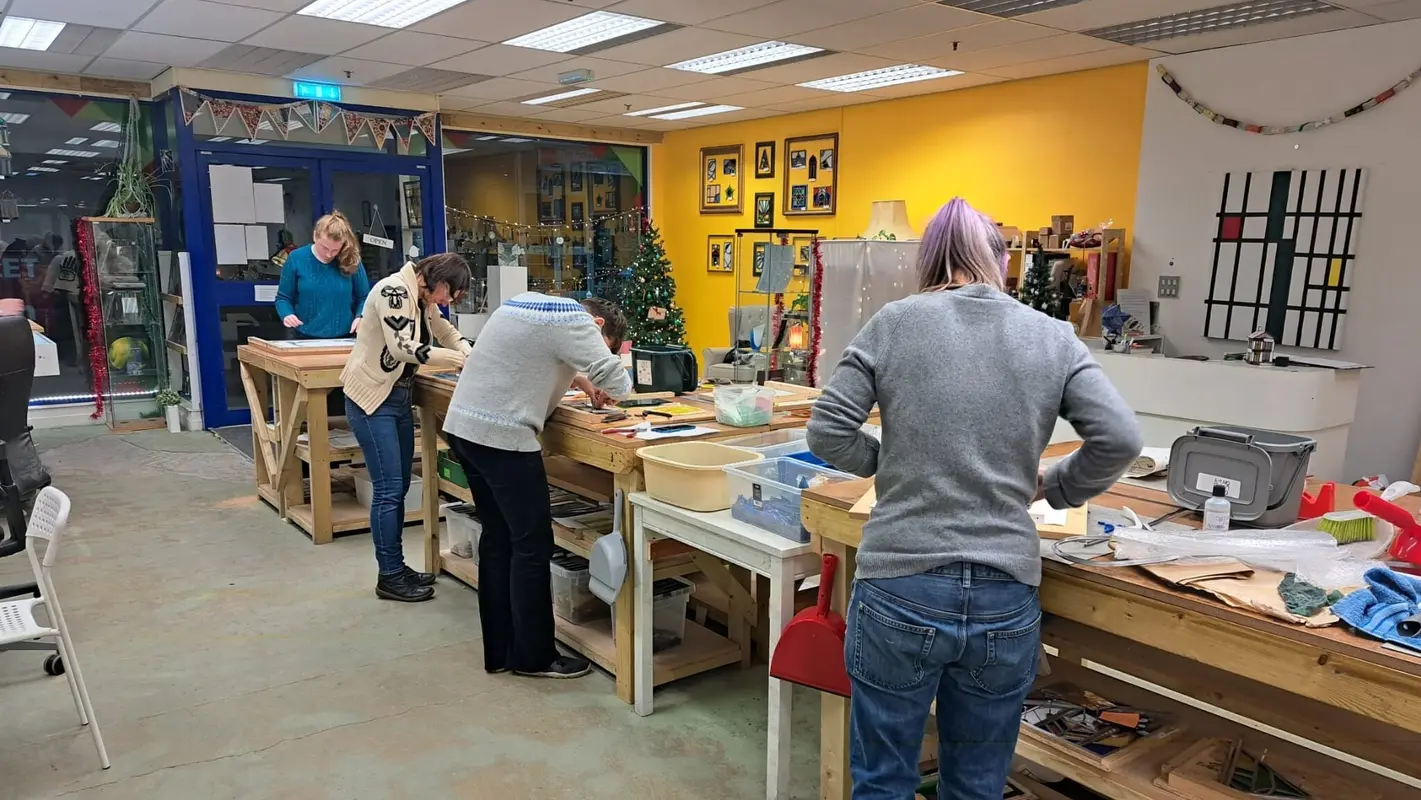This authors looks at how creative workers and students typically understand cooperatives, explore the skills and training people need to set up cooperatives, and discuss how public policy can support the creation of more cooperatives in the creative industries.
A cooperative is normally defined as a business or organisation that is collectively owned by its members, who operate the organisation for their benefit. The members could be employees, customers or residents.
In recent years, structural inequalities in the creative industries have come under scrutiny. PEC research, for example, has identified significant and entrenched class, gender, and ethnic imbalances in the sector. Despite this scrutiny, alternative forms of practice and business models have remained relatively unexamined. Cooperatives are a business model that can offer greater equity among members, compared to more traditional hierarchical business structures.
This research is based on interviews and focus groups with policy makers and industry representatives, in Glasgow, Dundee, and the border regions of Dumfries and Galloway. Much of the research took place during, or in the gaps between, Covid-19 restrictions, which likely had an impact on the attitudes and outlook of many of the participants.
By synthesising many of the common themes and ideas from their research, the authors outline recommendations and policy changes that could support cooperatives in the creative industries. These include recommending a public campaign to raise awareness of cooperatives, and improved ways of accessing knowledge about cooperatives, with a particular focus on higher education institutions.

___________________________________________
Image credits
Photos by Amy McCormack, at Jangling Space
Thumbail Image by Artur Kraft on Unsplash
Related Discussion Papers
Demand for Creativity and AI Skills in the Post-ChatGPT Labour Market
This study examines the evolving relationship between employer demand for creativity and AI skills i…
Regional Trade Agreements, Cultural Provisions and Trade in Cultural Goods
Analysing the impact of Regional Trade Agreements on the bilateral trade of cultural goods from 1999…
International Trade Challenges and the Effectiveness of Support Measures for the UK’s Creative Industries
The formidable challenges confronting the UK’s creative industries in the realm of exports, st…
Northern England’s Creative Industries
The Creative Industries are already a driver of growth across the UK economy. Export-intensive and m…
Creative Destruction? Creative firms, workers and residential gentrification
A new study by Tasos Kitsos, Max Nathan, and Diana Gutierrez-Posada finds only a minor influence of …
Speaking with One Voice
A fundamental remit of the BBC, and other public service broadcasters (PSBs) like ITV and Channel 4,…
Transitioning to Sustainable Production across the UK Theatre Sector
This discussion paper examines transitional pathways to sustainable theatre production in the UK. By…
Identifying and analysing UK fashion micro-clusters
The UK’s Fashion and Textiles industry contributed almost £20 billion to the UK economy in 202…
Net Zero as a catalyst in fashion micro and small enterprises
This report identifies examples of work taking place across three levels of change – social, e…
The Motives of Inbound Foreign Direct Investors in the UK Creative Industries
The UK’s creative industries have a global reach. British arts, technology, and design are internati…
Brexit uncertainty and international trade in services: Evidence from the UK creative industries 2014-2019
This discussion paper is based on one of the first studies to look at the impact of Brexit on the Cr…
Working Together – Cooperatives as a creative industry business model
This authors looks at how creative workers and students typically understand cooperatives, explore t…
